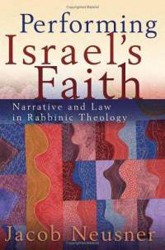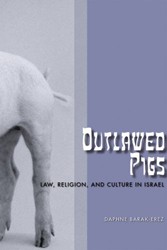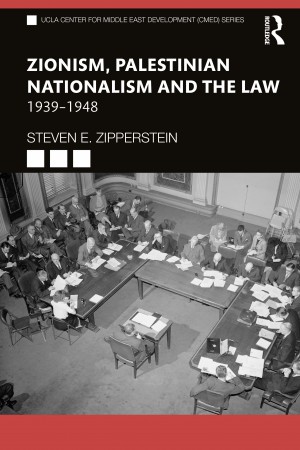With Israel celebrating its seventy-fifth year and continuing to struggle with its identity as a Jewish and democratic nation, the publication of Israel’s Declaration of Independence could not be more timely. The authors trace the history of Israel’s Declaration of Independence, drawing on early drafts to explore the ideological and political motivations of the nation’s founders and the decisions they made to reach a final document.
In their introduction, Neil Rogashevsky and Dov Zigler write that the Declaration of Independence represents “a rupture with the past and the opening of a new volume in Jewish history.” It “asserted not only the fact of Israel’s independence, but also elaborated on the reasons why there ought to be an independent Jewish State in the land of Israel” — a conclusion that the Declaration’s authors reached while part of political bodies that led the State before independence. In just three weeks, their debates had amounted to five distinct drafts.
Rogashevsky’s and Zigler’s book is divided into four sections. The first examines the arguments of Zionist leaders. Spanning the ideological spectrum, they came together to establish a de facto government for the still-undeclared nation. The second section looks at three drafts that considered whether independence should be based on natural rights, Labor Zionist ideology, or the quest for international law that arose in reaction to the Holocaust. Section three discusses the draft penned by Moshe Sharett, which was rejected, and David Ben-Gurion’s decision to develop the final draft, which was approved only hours before its signing; it was not even available on a formal scroll when read aloud on May 14, 1948. The book’s final section evaluates the legacy of this final draft. It regards the document as “a source of normative principles, moral argument, and pivotal to legal interpretation” in the State of Israel today.
Israel’s Declaration of Independence allows readers to explore three weeks that have had an immeasurable impact on the history of Israel, the Jewish people, and the world at large. The authors deliver a narrative that is both nuanced and easy to follow. Readers will find themselves flipping between chapters to compare each draft — translated into English for the first time — and will appreciate the challenges and opportunities that have shaped Israel into the country it is today.





